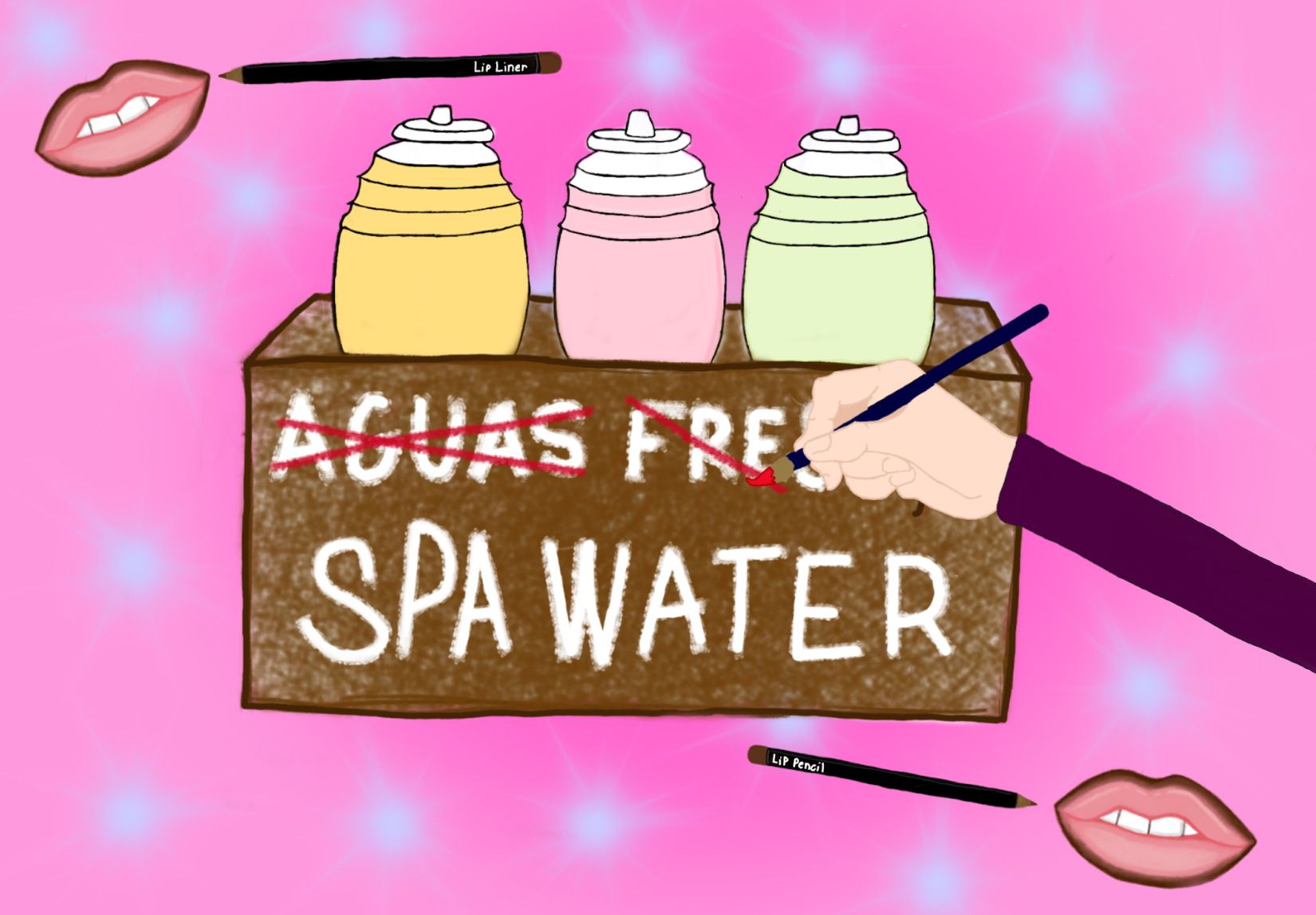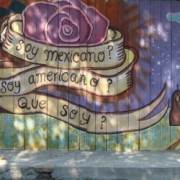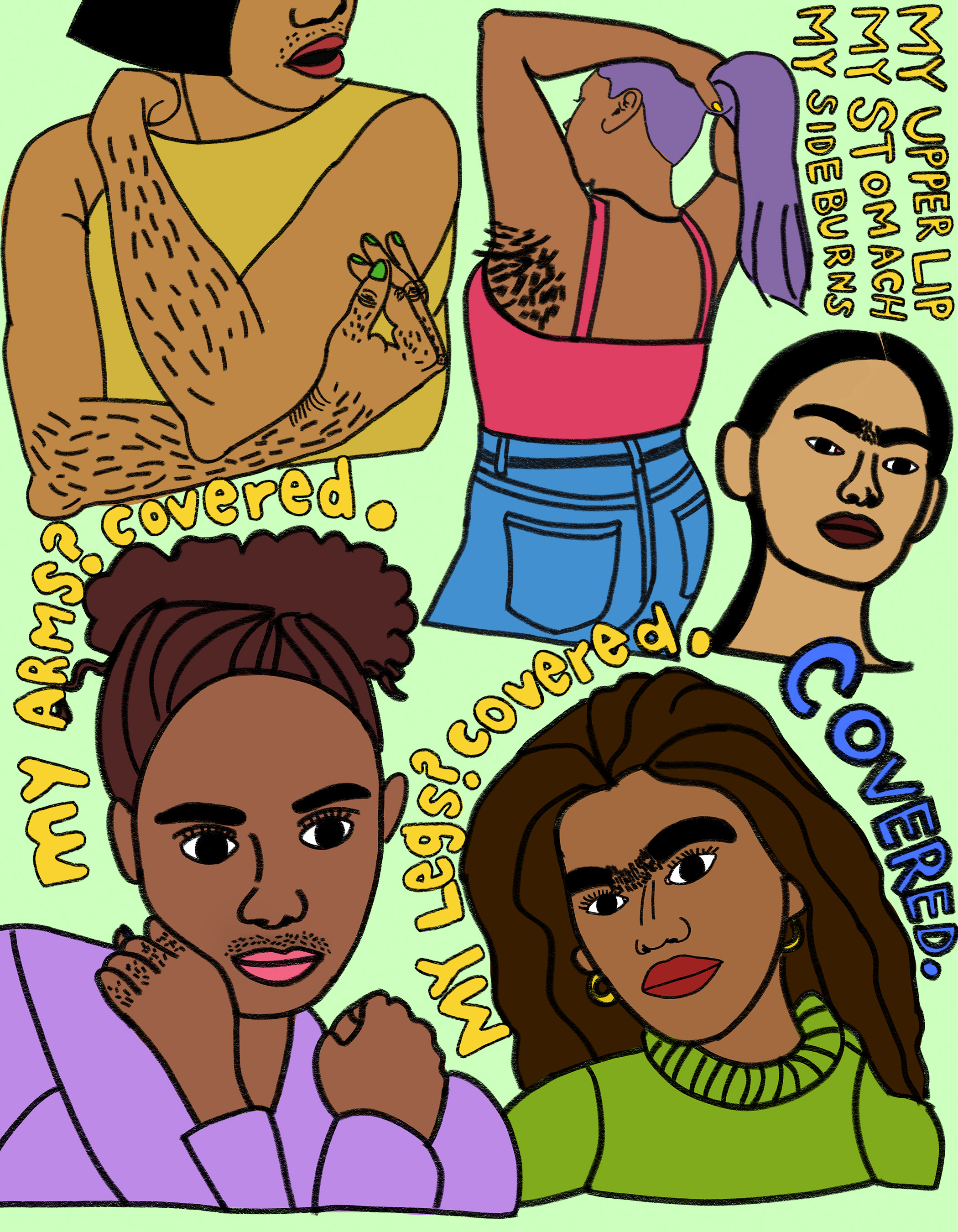“New” Labels On Latine Culture

Visual designed by Missy Soto
Culture is one of the most prominent pillars of someone’s identity. It is made up of various social concepts, practices, and historical influences. Alongside the discussion of culture are traditions, and how they guide the unity between people. These traditions tend to be common practices that are often completed without a second thought. Yet, no matter how engraved those traditions may be, content creators have commonly tried to create “new labels” for them, whether they do it knowingly or not.
The most popular component that makes up culture is food, crucial in the way that it connects people. Sharing the same childhood meals and indulging in similar comfort food creates a deep sense of community. Latine cultures are no different. There is an array of events throughout the year in which a traditional dish is prepared, like tamales on Christmas. Although these foods are distinct to Latine people and countries, anyone from anywhere can partake in the cuisine. Nonetheless, a problem arises, because over the years there has been a common theme in social media in which content creators rename popular Latine dishes and claim that they were created spontaneously. This is dangerous because it eliminates the historical, political, and social context in which these cultural dishes have been curated.
The phenomenon of “creating” new dishes has garnered the title of culinary appropriation. Latines and many other POC are no strangers to cultural appropriation, yet the culinary lens opens up a new discussion. In 2022, there was the rise of the “Spa Water” craze, which was the infusion of fruit into water. However, people were quick to notice that this new summer beverage closely resembled agua fresca. Agua fresca is a mixture of blended fruits/grains/seeds, sugar, and water, the most common flavors being horchata and jamaica. These drinks are staples in Latine cultures with their versatility, serving as the drink of choice on a hot summer day or late nights at a taco stand.
The issue with “Spa Water” is that this fundamental dish has been oversimplified to a social media “trend” and therefore the drink seems to be socially acceptable when it has been rebranded. Other people argue that the beverages are not the same because one is most oftenly mixed with sugar while the other is considered “healthier” hence the name “Spa Water.” Even so, what can not be dismissed is the obvious influence that agua frescas had on the viral “Spa Water.”
From beauty regimes to articles of clothing, fashion is another key player in the cultivation of culture. Latine beauty styles have evolved throughout the years, but the most iconic look has been dark lip liner. This look is often worn by Latine and Black women and was made popular in the ‘90s. Regardless, just like agua frescas, the dark lip liner has also met its stylish rebrand as “brownie-glazed lips.” This rebrand comes from celebrity Hailey Bieber when she posted a video showcasing her new discovery as her trusty lip combo for the fall season. Many were quick to criticize Bieber for trying to remarket a beauty style that had been cherished by Latine and Black women for decades.
The rebranding of influential elements of Brown and Black culture is harmful and often considered offensive. It is nothing new for people to witness another trending influencer present a food or beauty trend to their followers when it really is just someone else’s culture with a new label on it. Social media trends have pros and cons, but their often fleeting nature is the biggest con. While people might dig a little deeper and find the true origin of “Spa Water” and “brownie-glazed lips,” the short lifetime of a trend is a big downfall. People will see trends, practice them, and eventually move on to the next. To address the issue of mislabeling, people should conduct a little more research before launching an idea that might have already been done before and is a part of someone’s culture.










